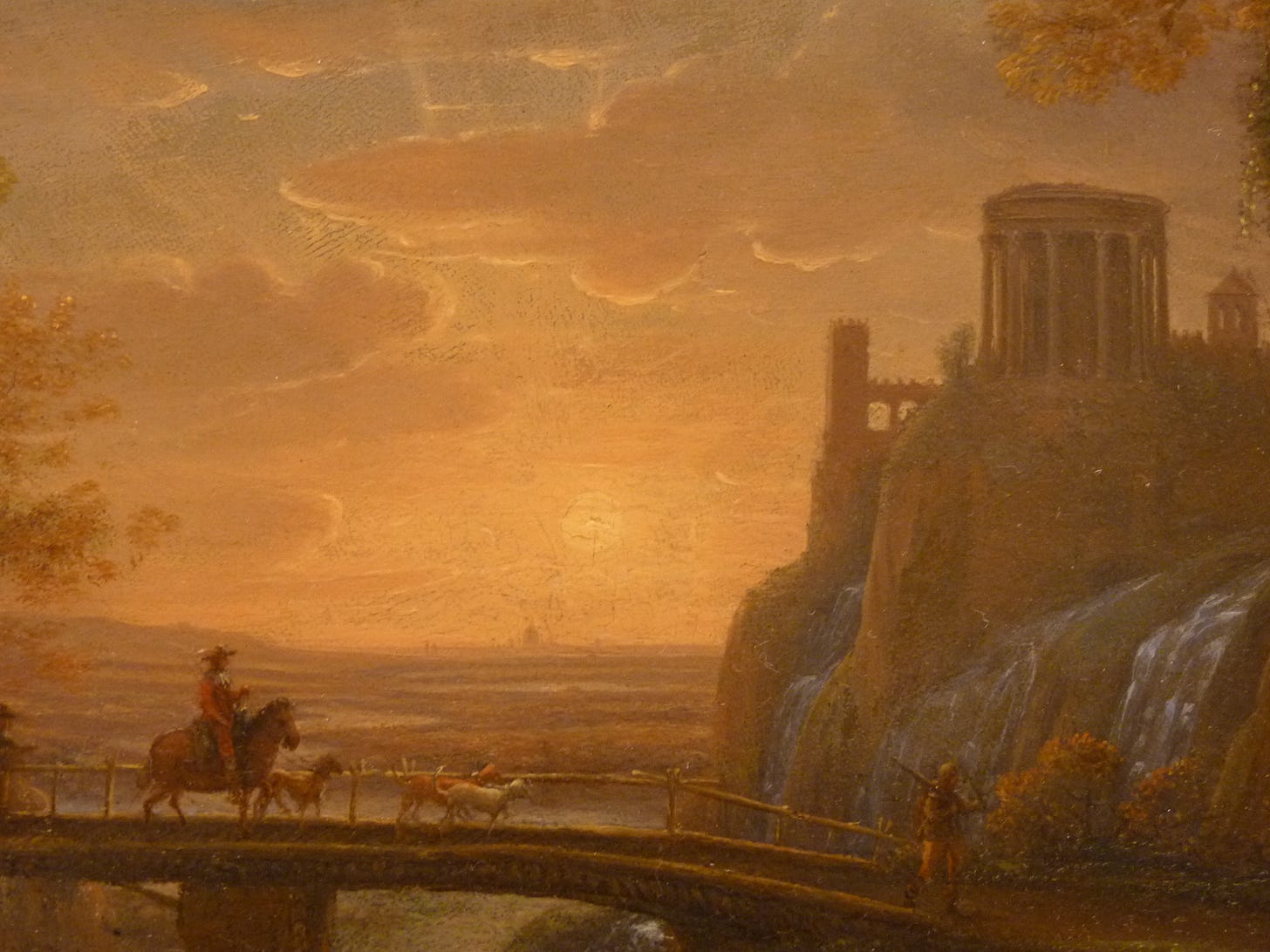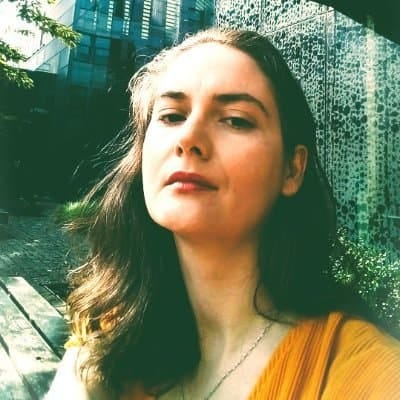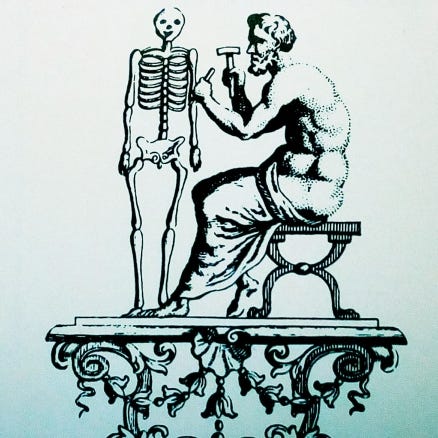Defining Arcadia. The Writer. Their Purpose. You.
Have you ever heard of the realm of Arcadia? Without knowing it, you have caught a glimpse of it at the turn of a garden, through the frame of a painting, or even in a surprising corner of history. Yet this land, which has influenced many minds, artists and thinkers alike, exists only in the human imagination. It seems to have been born from the one of the Greek poet Theocritus, in the third century BC, and described as a rural area, ruled by the god Pan, and inhabited by romantic shepherds and mythological creatures.

Unlike other myths of antiquity, Arcadia has actively traversed the centuries, accompanying mankind through its history like a compass guiding it towards an ideal. Whether it was the poets, playwrights and artists of the Renaissance, the painters of the 17th century led by Nicolas Poussin, or the gentlemen of the Enlightenment and their architects, all aspired to the idyllic image of this unattainable territory. Not only did it inspire works of art and architecture, it also shaped philosophy, lifestyle aspirations, and societies, making it an important theme for understanding the history of our ancestors and their cultural heritage.
In a world increasingly chaotic and devoid of meaning and concord, philosophers would advise us to pause and contemplate the past for strength and discernment. With its timeless, peaceful character, Arcadia could serve as a safe conduct for us to explore the treasures and quirks of our history, and who knows, draw some moral resilience and resistance from it.
This is the reason why the founder of Arcadia, Architecture & Art History, Jennifer Gori, has chosen it as her base camp for her social-historical explorations of art, architecture, and philosophy. Jennifer graduated in Art History with First Class Honours at Oxford Brookes University, alongside a career in antique retail and museum collection management. While at university, she actively participated in the Oxford Brookes History of Art Discussion Group and attended talks at the Edgar Wind Society of Oxford University in order to expand her horizon. Her extracurricular activities won her the Brookes Edges certificate, which acknowledges UNESCO's Key Competencies for Sustainability, including critical competencies for living, working, and contributing to society in the current age. Jennifer’s research on the West Wycombe Mausoleum, Sir Francis Dashwood, and 18th-century country house garden architecture was also awarded with the Jeanne Sheehy Memorial Prize.
Arcadia, Architecture & Art History's articles and videos will draw on her academic exploration, as well as her ten years of experience in international contemporary art media. She will take you on an exploration of little-known aspects of art and history, full of mystery, eccentricity, and wisdom for our hectic world. These include (but are not limited to) the bigger-than-life personalities of Enlightenment men, the visual manipulation of the Counter-Reformation, the spirituality of modern architecture, and the contentious philosophical link between sacred art and artificial intelligence. The hope is that you, readers, will find subjects worthy of your curiosity, elements to support your reflections, and ideally, reasons to converse and exchange ideas to improve the world around us just a little.
The writings of Arcadia, Architecture & Art History and their illustrations will be purely the fruit of their author, and will not appeal to the intellectual laziness of AI. As such, they will represent a commitment to research and layout, a real work dedicated to the readers. If you would like to support this effort, participate in the development of Jennifer's productions, and help an independent working-class writer, you can become a patron of Arcadia, Architecture & Art History, in particular by becoming a paying subscriber on this Substack page.
Enjoy your reading. And keep looking for Arcadia.
Subscribe to get full access to the newsletter and publication archives.
Stay up-to-date
Never miss an update—every new post is sent directly to your email inbox. For a spam-free, ad-free reading experience, plus audio and community features, get the Substack app.
Join the community of Arcadia
Be part of a community of people who share your interests. Participate in the comments section, or support this work with a subscription.
To learn more about the tech platform that powers this publication, visit Substack.com.



